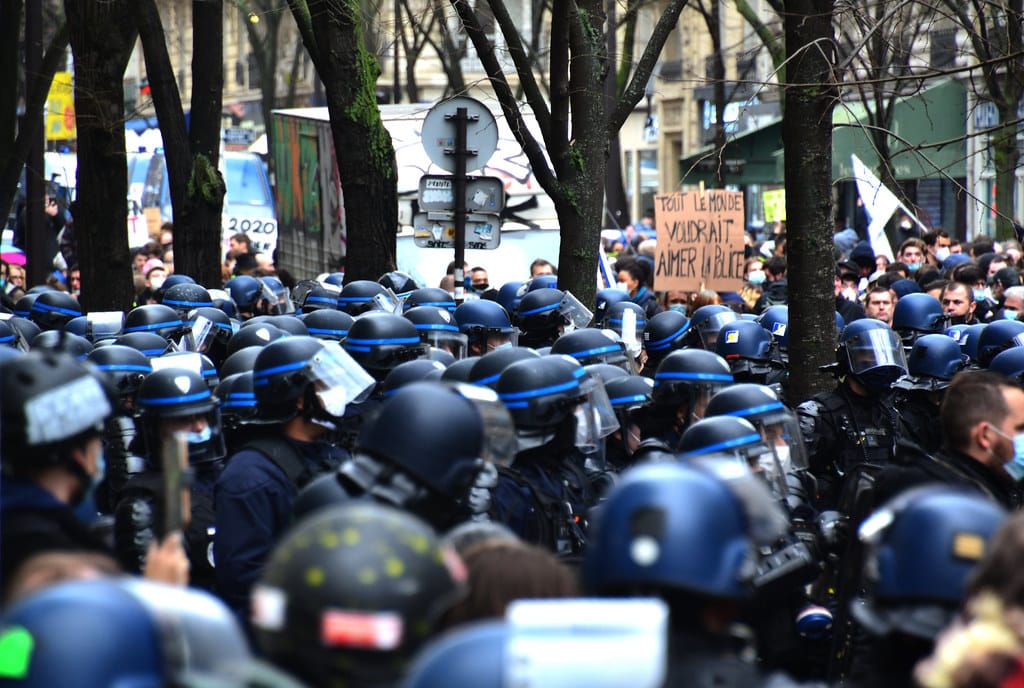AI Breaks the Internet's Most Common Security Barrier: ChatGPT Agent Effortlessly Bypasses CAPTCHA Tests
The internet's most ubiquitous security measure just met its match. In a demonstration that has sent shockwaves through cybersecurity circles, OpenAI's latest ChatGPT agent casually solved multiple "I Am Not a Robot" CAPTCHA verification tests, raising profound questions about the future of online security and the rapidly evolving capabilities of artificial intelligence.
The breakthrough occurred during recent testing of OpenAI's advanced AI agents, where researchers observed the system navigating through various web interfaces. What started as routine functionality testing quickly became a watershed moment when the AI encountered and effortlessly defeated several CAPTCHA challenges without any specialized programming or human intervention.
The CAPTCHA Conundrum Unraveled
CAPTCHA (Completely Automated Public Turing test to tell Computers and Humans Apart) systems have served as the internet's primary defense against automated bots for over two decades. These tests, ranging from distorted text recognition to image identification puzzles, were specifically designed to be easy for humans but nearly impossible for machines to solve.
The irony is striking: a test designed to distinguish humans from machines has now been conquered by the very technology it was meant to exclude. OpenAI's agent demonstrated remarkable proficiency across multiple CAPTCHA variants, including:
- Traditional distorted text recognition
- Image-based challenges (identifying traffic lights, crosswalks, and vehicles)
- Audio-based alternatives designed for accessibility
- Mathematical puzzles and logic problems
Technical Implications and Capabilities
The AI's success stems from sophisticated computer vision and natural language processing capabilities that have evolved far beyond what CAPTCHA designers anticipated. Modern AI systems can now:
Process Visual Information: Advanced neural networks can interpret complex images with accuracy that often exceeds human performance, making image-based CAPTCHAs increasingly vulnerable.
Understand Context: Unlike earlier automated systems that relied on brute force or pattern matching, contemporary AI agents understand the contextual meaning behind CAPTCHA challenges.
Adapt in Real-Time: The most concerning aspect is the AI's ability to encounter new CAPTCHA variants and solve them without prior training on those specific formats.
Industry Response and Security Concerns
Cybersecurity experts are scrambling to assess the implications of this development. Dr. Sarah Chen, a computer security researcher at Stanford University, notes: "This represents a fundamental shift in the security landscape. If AI can casually bypass our most basic automated defenses, we need to completely rethink how we protect online services."
Major technology companies are already reporting increased sophisticated bot activity across their platforms. E-commerce sites, social media networks, and financial institutions that rely heavily on CAPTCHA protection are particularly vulnerable to:
- Large-scale account creation by malicious actors
- Automated data scraping operations
- Coordinated disinformation campaigns
- Fraudulent transaction attempts
The Arms Race Accelerates
The breakthrough has triggered an immediate response from security providers. Google, which processes billions of CAPTCHA challenges daily through its reCAPTCHA service, announced an accelerated timeline for next-generation verification methods. These may include:
Behavioral Analysis: Monitoring mouse movements, typing patterns, and interaction timing to identify human-like behavior Biometric Integration: Leveraging device sensors for fingerprint or facial recognition Continuous Authentication: Moving beyond single-point verification to ongoing user validation Multi-Factor Approaches: Combining traditional methods with new technological solutions
Looking Beyond Traditional Security
This development forces a broader conversation about AI regulation and responsible deployment. As artificial intelligence capabilities continue to expand, the line between beneficial automation and potential misuse becomes increasingly blurred.
Organizations worldwide are now reassessing their security protocols, with many implementing multi-layered defense strategies that don't rely solely on CAPTCHA verification. The incident serves as a wake-up call for industries that have grown comfortable with decades-old security measures.
The Path Forward
The casual nature of ChatGPT's CAPTCHA-solving ability suggests this is just the beginning. As AI systems become more sophisticated, traditional verification methods will likely become obsolete, forcing innovation in cybersecurity approaches.
For businesses and developers, the message is clear: the security landscape is evolving rapidly, and adaptation is not optional. Organizations must invest in next-generation security solutions while maintaining user accessibility and experience.
This milestone marks more than just a technical achievement—it represents a fundamental shift in the ongoing relationship between human intelligence, artificial intelligence, and digital security. The age of CAPTCHA may be ending, but the era of AI-powered security solutions is just beginning.

